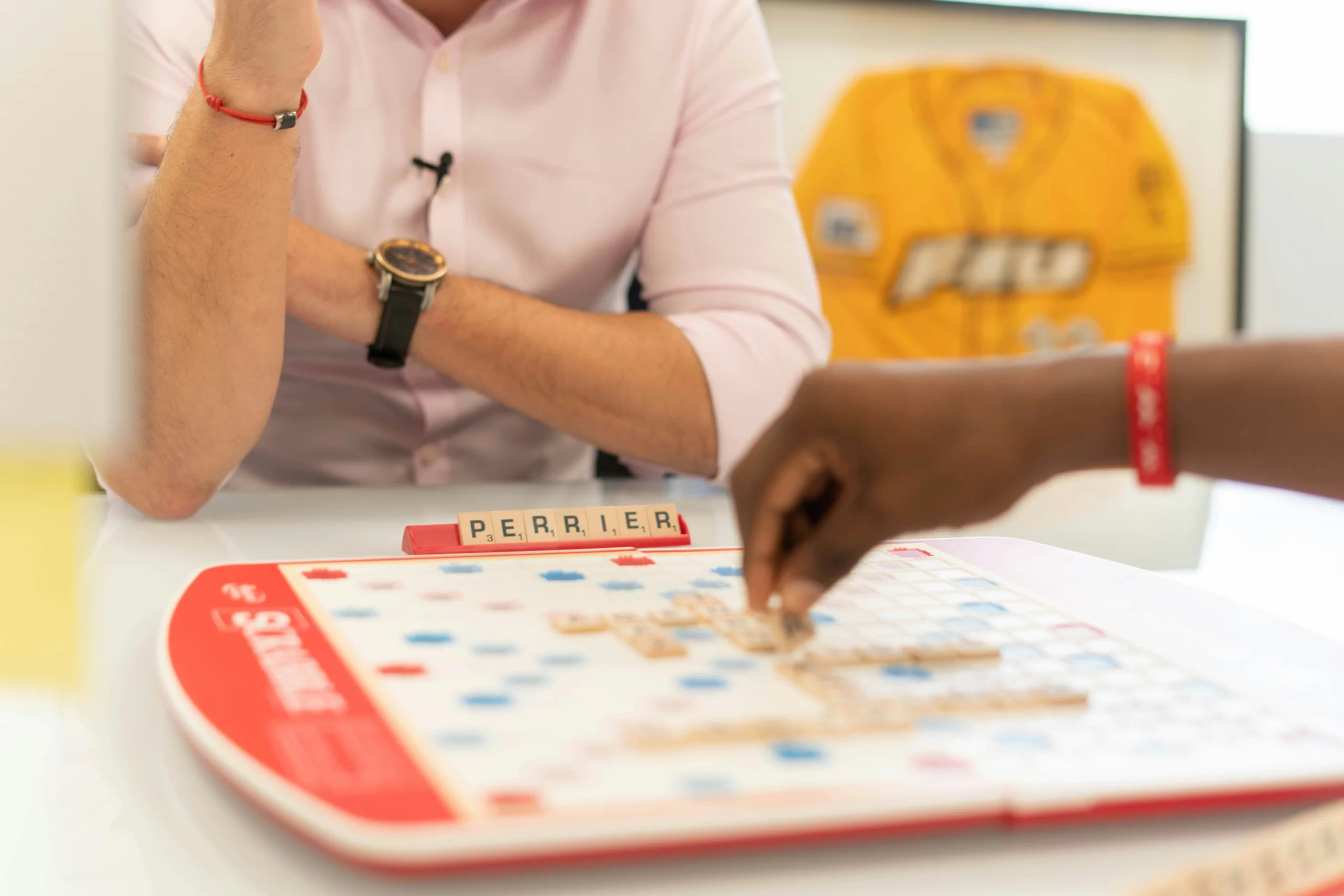A stroke is one of the most severe events that can eventually cause a severe disability; often, a person loses memory and attention or experiences a decline in problem-solving abilities. Recovery is usually a process of various interventions aimed at the rehabilitation of these functions. There is no doubt that one of the best and fun ways through which this recovery could be enhanced is through games that help to build the brain. The specific games indicated can excite neurons and rejuvenate the brain, sharpen various faculties, and give a feeling of accomplishment and development. Here, we explore ten brain-boosting games for stroke patients that can make rehabilitation both effective and enjoyable.
-
Sudoku
Sudoku, on the other hand, is a number puzzle game that intends to stimulate a person’s mind as regards patterns and sequences. This game can be quite challenging in terms of focusing on the match and then using problem solving skills to make a move, so it is perfect for strokes that impact the patient’s mental abilities. The fact that one has to think several steps ahead to place the numbers right improves problem solving and greatly tests memory.
-
Crossword Puzzles
One of the best-known and widely used cognitive activities is crossword puzzles which might be helpful for stroke clients with word comeback and language abilities. It also becomes quite hard to identify an appropriate word and place it in the correct position in the grid leading for better orality and flexible thinking. Also, crosswords can be selected corresponding to various difficulties, so the patient can increment the level of difficulty as he or she wishes.
-
Jigsaw Puzzles
Jigsaw puzzles are very ideal to improve on visual perception and also improve on the spatial orientation. While attempting to find the matching pieces of the puzzle for the patients with stroke, patients are required to focus on the shapes, colors and patterns of puzzles which enhance patient’s attentiveness and their abilities to persist to the end. Jigsaw solving also increases mood and has the effectiveness that indicates that the task is done in the end.
-
Memory Matching Games
Matching games, like those involving cards, primarily rely on short-term memory for the task of pairing cards. These games entail patients to identify where the cards are and then move them to the memory match or specialty area as needed – this makes brain’s memory centers exercise.
-
Word Search
Word search puzzles simply mean that there is a grid of letters, and one has to hunt for the concealed words in it. This activity may increase the efficiency of visual scanning, attention, and speed of information or data processing. They also added that stroke patients find word searches to be a pleasant pastime that also has therapeutic values of the part of the patients. Students can do basic grids first and then they can advance if they wish and try the more complicated ones.
-
Chess
Chess entails thinking of several steps ahead, planning, as well as being able to solve difficulty. From previous research, cognitive studies suggested that stimulating activities like chess could influence the stroke patients’ recovery regarding their abilities in the domain of executive functions, which comprises decision-making and strategizing. It is also found quite challenging which instills the virtues of patience and endurance that are very useful in the recovery process.
-
Brain Training Apps
Lumosity and CogniFit are some of the brain training applications that provide a set of games focused on various cognitive abilities. Such applications offer customized workout routines that get modified based on the performance of the patient so that the stroke patient can be kept on his/her toes always. These games were created by neuroscientists and are founded on cognitive science; therefore, they are a proper tool for rehabilitation.
-
Bingo
Bingo is a fun group activity that may be beneficial for one’s Number Sense, Selective Attention, working as well as Auditory Processing. As it is quite a fast game, the players have to listen keenly to the calls and respond at the same time; this helps to further the cause of increasing the speed of working of the brain. Group bingo can also increase social activity and improve the mood of a person.
-
Scrabble
A game like Scrabble also poses a threat to the improvements in the language development and elasticity of the mind. Even in this game patients who have had stroke can be encouraged to form the words and place them right on the board in order to feed their vocabulary, spelling and strategic minds. The game also involves social relations, which help in handling painful feelings for emotional healing.
-
Pictionary
Pictionary involves drawing and guessing and is a good activity that can boost visual and learning faculties. To explain, stroke patients need to sketch words or phrases, which can assist in boosting their spirits and the way they creatively express themselves/nonverbally. This game also enhances social relations and collaboration earning it a place as a form of therapy.
Incorporating Games into Rehabilitation
By including such brain exercising games for stroke patients in the list of activities to add to the stroke program, the treatment becomes fun as well as productive. Here are some tips for making the most of these games:Here are some tips for making the most of these games:
- Start Simple: Start with some games that are slightly within the patient’s current mental status, and then progress up the scale.
- Regular Practice: It actually makes perfect sense to take a thoroughly practical approach to some customers and be completely consistent with others. In this case, it is evident that playing the games more often, and thus applying the strategies more frequently improves the outcome as well leads to the enhancement of the cognitive abilities in the long-run.
- Combine with Physical Therapy: There are those that can be complemented with physical activities making them ideal in rehabilitation processes. For instance, engaging students into using large and brightly colored cards for the memory matching game entails movement also.
- Social Interaction: Most of these games are interactive especially for several people, this could help in enhancing social relations as well as emotional support. Interacting with other people makes the rehabilitation process fun and also helps to avoid loneliness.
- Track Progress: Using such games it can be useful to keep the record of the performance of the patient and see the progresses done, whereas some aspects can be recognized as needed more attention.
Conclusion
Games that are specifically designed for the stroke patients’ brain training are innovative and entertaining methods of rehabilitation. These games help to generate new connections, which literally reconstruct the areas of the brain that have been damaged in the stroke and affect the functions in the patient’s brain. These can range from the strategic games for instance chess, memory games such as matching cards, language games for instance Scrabble among others can prove to be very vital in the rehabilitation process. The inclusion of these games in the routine makes stroke patients’ journey to regaining their cognitive skills more fun and productive; their quality of life is thus enhanced.





